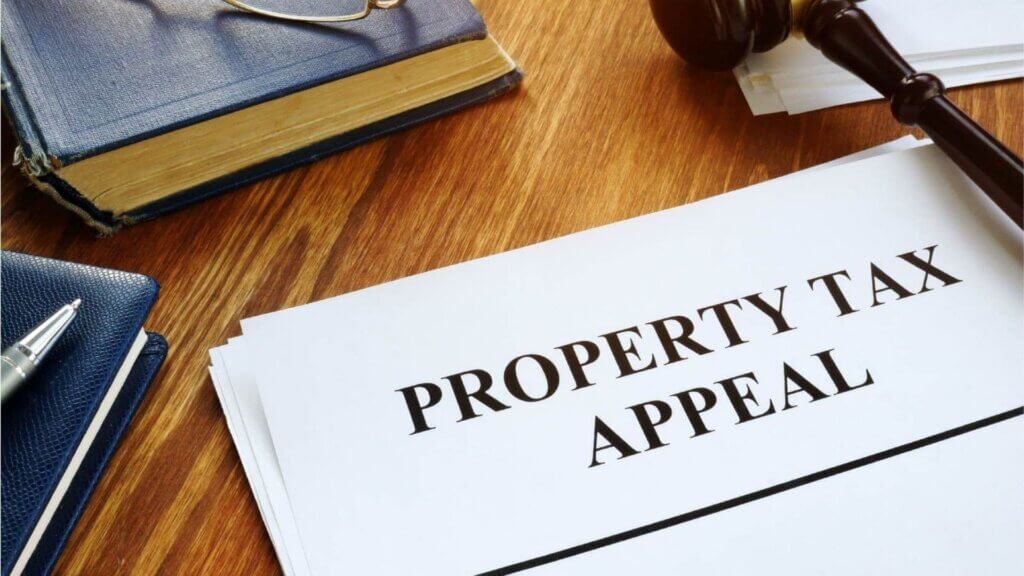
Property taxes are based on your assessed value, and the amount you owe can be changed annually depending on a number of factors, including changes in ownership or new construction. The county also provides exemptions to reduce the total bill. The Alameda County Assessor’s Office is responsible for assessing property, reassessing properties as needed, and issuing property tax bills. It also provides a number of tools for taxpayers, including an online map, parcel information, and property tax history, and the AC Property app that allows you to pay your property taxes directly from your mobile device.
Property taxes in the Bay Area are high, but homeowners can take steps to lower their property tax bills by reducing their assessed value and applying for exemptions. These strategies can help owners avoid delinquency penalties and improve their finances in the long run. Moreover, property tax rates vary across different cities.
Due dates
If you are a property owner, you should be aware of due dates for your county’s property tax. The tax is based on your property’s assessed value and the tax rates set by various agencies. These rates can increase or decrease yearly. The amount you owe is calculated by multiplying your property’s assessed value by the rate. You can pay your Alameda property tax online, in person, or by mail. You can also pay using a money order, cashier’s check, or certified check. If you send a check, be sure to include your name, phone number, assessor’s parcel number (APN), and the property address.
If you’re not sure of your property’s assessed value, you can use a tool to look up property tax information and history. Property Taxes Lookup tool is available on the main portal of ACgov. You can even download a mobile app called “AC Property,” but remember that the 2.5% credit card convenience fee still applies. The Alameda County property tax due dates for the 2023-2024 fiscal year are as follows:
First Installment:
- Due Date: December 11, 2023
- Delinquent Date: 5 p.m. on December 12, 2023
- Penalty: 10% of the unpaid amount, plus a $10 cost will be assessed
Second Installment:
- Due Date: April 10, 2024
- Delinquent Date: 5 p.m. on April 11, 2024
- Penalty: 10% of the unpaid amount, plus a $10 cost will be assessed

Appeal
You can file an appeal if you disagree with your property tax assessment. The process begins with filing a tax appeal application, which must be submitted to the Clerk of the Board of Assessment Appeals by September 15 for regular assessments and within 60 days of receiving a Supplemental or Escape assessment. The property tax calculation is based on the assessed value of your property multiplied by the tax rate fixed by various agencies, including local districts and school districts.
Retail property owners can appeal their assessment for a variety of reasons, including unfair valuations based on market trends and errors in the characteristics of retail properties. A valid appeal must contain relevant evidence, such as comparable sales data and appraisals. In addition, you must demonstrate that your property’s value has been impacted by factors specific to retail property values. You can also use exemptions to reduce your property taxes.
Reassessment
A property tax reassessment is an excellent place to start if you want to reduce your property taxes. Attorneys specializing in this area use a data-driven approach to help homeowners and businesses appeal their property taxes. They can reduce your effective property value, secure a three-year monetary freeze, and significantly lower your overall property tax bill.
Depending on where you live, your property tax rate may vary by city and include special assessments and bonds for voter-approved projects. Some areas have higher rates due to Mello-Roos districts, which levy an extra tax on homes and other real estate.
The county assessor is responsible for assessing real property, completing reassessments when Prop 13 and Prop 20 trigger them, and applying exemptions. You can check your property tax status and history using a county website tool. You can also download rules of procedure and instruction booklets and submit a property tax appeal online.
Address change
You can use the online form to change your address for real estate property tax. The form must be signed by the owner, attorney, officer of a corporation, or authorized agent. The address change must be effective on the lien date, January 1, or you will not receive your bill. You can also submit an address change via email or in person at the Assessor’s Office.